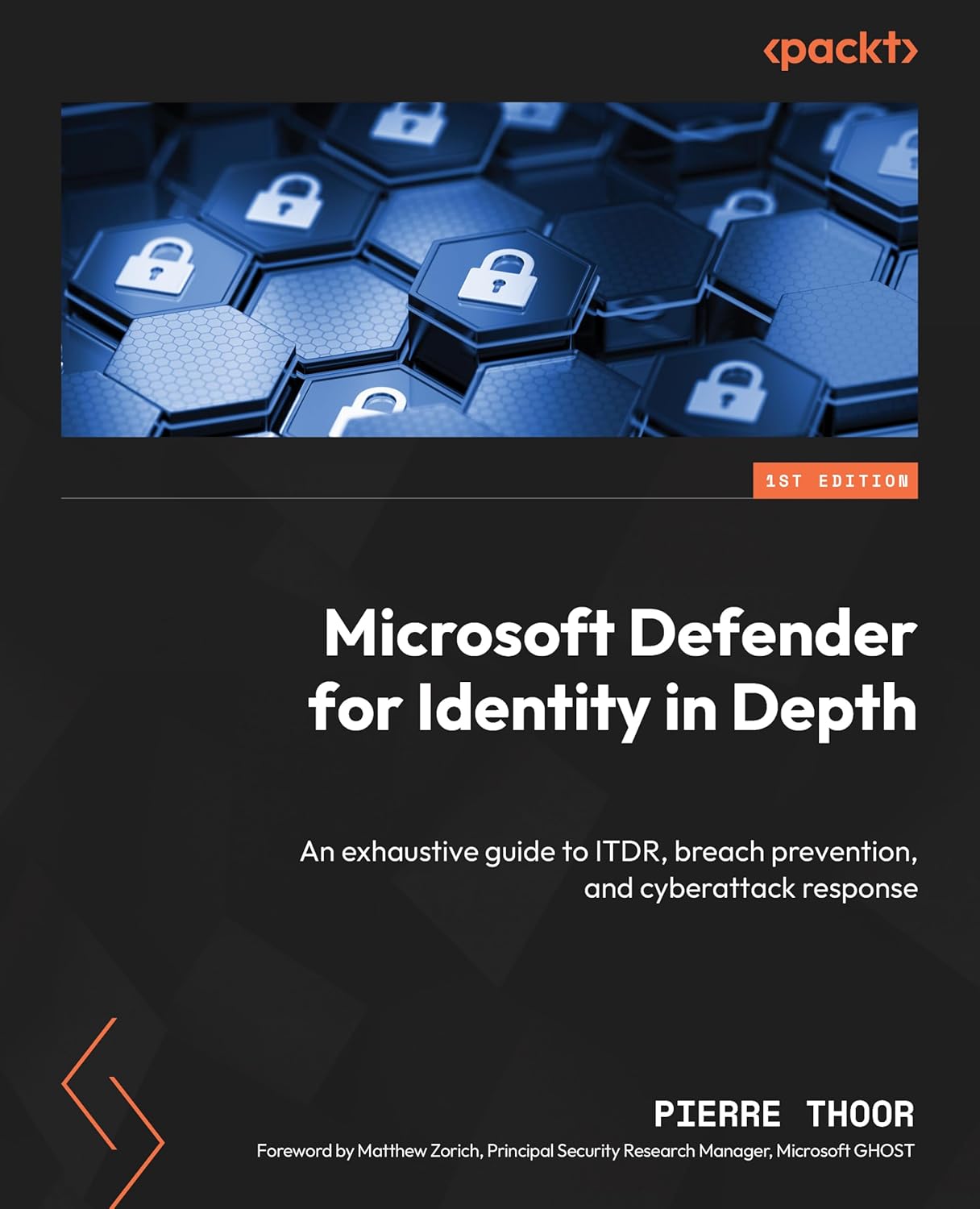In today’s digital age, cyberattacks have become a serious threat to businesses of all sizes. The cost of a cyberattack can be devastating, both financially and in terms of reputation. This is why investing in cybersecurity is not just important, but essential for the survival of any organization.
The financial cost of a cyberattack can be staggering. According to a report by IBM, the average cost of a data breach in 2020 was $3.86 million. This includes costs such as remediation, legal fees, regulatory fines, and loss of revenue. In addition, there are often hidden costs such as damage to brand reputation, customer trust, and employee morale.
Furthermore, the impact of a cyberattack can be long-lasting. A study by the Ponemon Institute found that 60% of small businesses go out of business within six months of a cyberattack. This is due to the high cost of recovery, as well as the loss of customers who no longer trust the organization to protect their data.
Investing in cybersecurity is essential to protect your organization from these risks. By implementing strong security measures, such as firewalls, encryption, and regular security audits, you can reduce the likelihood of a successful cyberattack. In addition, having a robust incident response plan in place can help minimize the damage in the event of a breach.
While the upfront cost of investing in cybersecurity may seem high, the cost of not investing can be even higher. In the long run, the financial and reputational damage caused by a cyberattack can far outweigh the initial investment in security measures.
In conclusion, the cost of a cyberattack is high, both in terms of financial losses and damage to reputation. Investing in cybersecurity is essential for any organization looking to protect itself from these risks. By implementing strong security measures and having a robust incident response plan in place, you can minimize the impact of a cyberattack and ensure the long-term success of your business.






